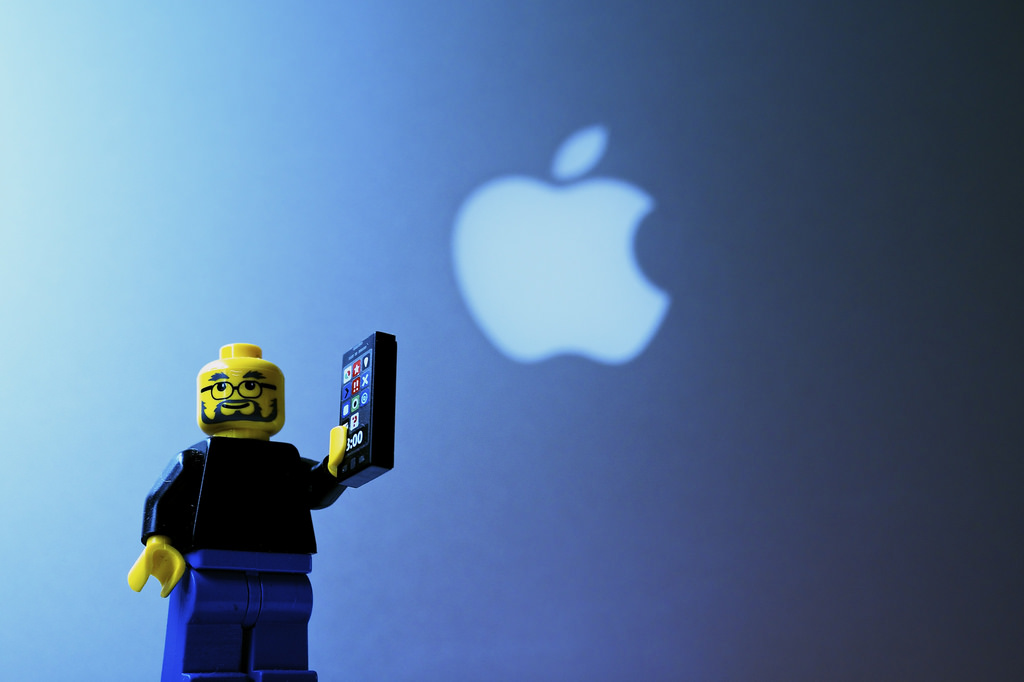SHARE
Why Steve Jobs' default answer was No
People working in the corporate world who are pissed off about their ideas being turned down, might sometimes wonder "Oh, man! If I was working for a company like Apple and with Steve Jobs, I could have the luxury of working in an environment which is open to new ideas and celebrates different ways of thinking".
In reality however, Steve Jobs was turning new ideas down most of the time to the extent that Mac engineer Hertzfeld said: "Every day, the CEO is presented with ideas for new products and new features within existing ones. The default answer is no" (See more here). You might wonder why.
After all, the company was and is making billions of dollars and has a lot of cash. Here are three important reasons:
- Managing Operations Complexity: Although the company made nice profits, Jobs knew that by keeping product lines smaller and complexity level down, he could benefit from higher levels of efficiency and keep the supply chain costs down.
- Making customers come back: Often times, new product ideas are about new or improved features. Jobs didn't allow all of them to go through. In the case of banning Flash from iPhone and iPad few years ago, he could clearly allow that feature to slip through but made the decision not to. In many cases, his motivations very driven by developing a sustainable revenue stream. When your customers are already hooked, you can omit some features and make them come back and buy the newer version next year. They actually feel happier when they finally get their hands on the product design attribute they were demanding for months. This doesn't work if your only differentiation point is that feature.
- Company's vision: Think about how throughout the years, Apple has dictated how its community of developers should develop apps or other associated products. When Jobs was alive, he had a clear vision of where the company should go and the answer to all ideas or efforts not in line with that vision was No! Apple has typically been working according to its strategy and how things should be rather than what its community wants.
Do you agree? Can you think of other examples or reasons behind Jobs' default answer? Photo credit: PauliCarmody / Foter / CC B Download our Engineering Crowdsourcing white paper
